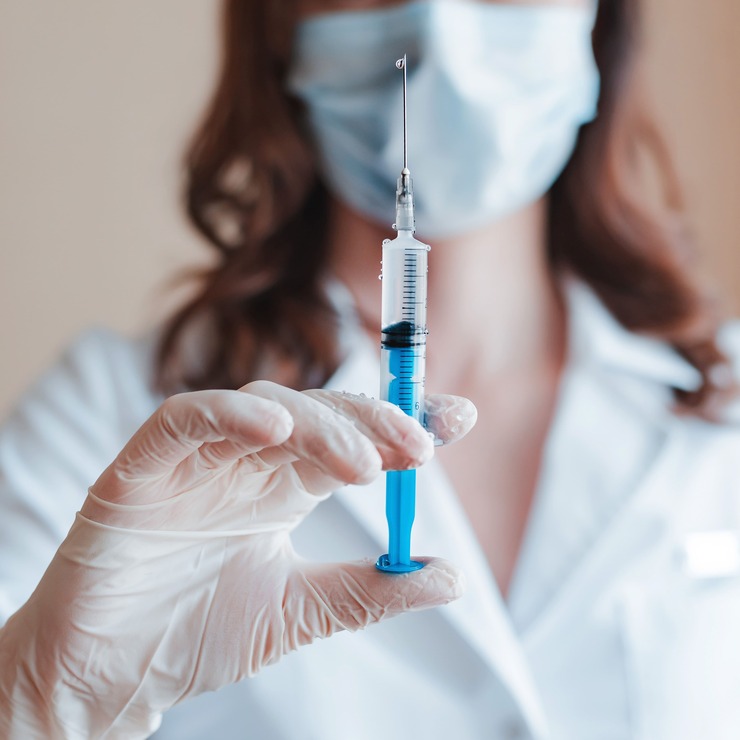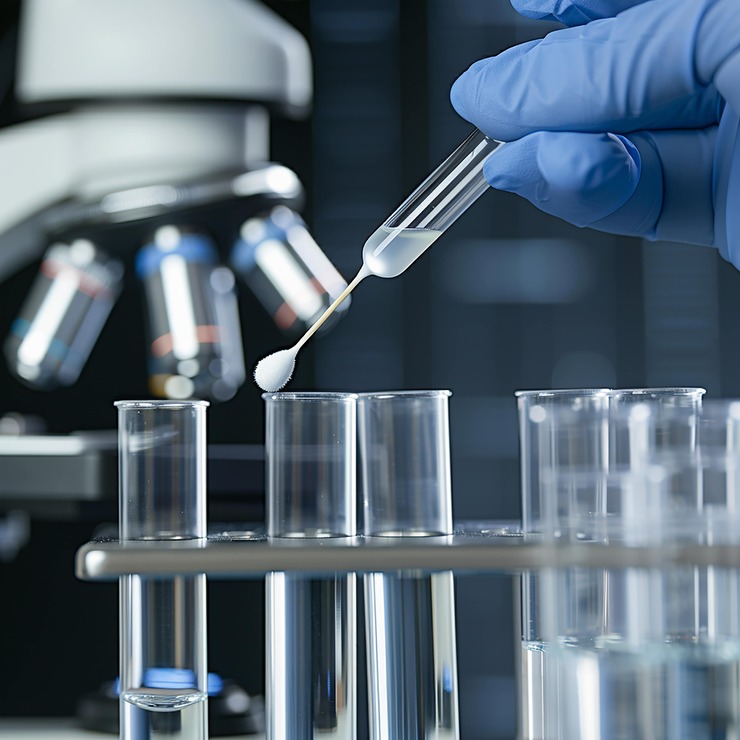Exosomes
- Home
- Exosomes
The Power of Exosome Therapy
Adipose-derived mesenchymal stem cell (AD-MSC) exosomes are tiny extracellular vesicles secreted by AD-MSCs, which are multipotent stromal cells found in fat tissue. These cells can differentiate into various cell types, including adipocytes, osteoblasts, and chondrocytes, making them valuable for therapeutic applications.
Exosomes, typically 30–150 nm in size, are membrane-bound vesicles that facilitate cell-to-cell communication. They transfer proteins, lipids, and nucleic acids (e.g., mRNA and microRNA) to recipient cells, influencing their behavior and function. Due to their ability to mediate complex biological processes, exosomes have gained recognition for their role in physiological and pathological mechanisms.
AD-MSC exosomes possess regenerative, anti-inflammatory, angiogenic, and immunomodulatory properties, positioning them as a promising solution for treating tissue injuries, degenerative diseases, and inflammatory conditions.

Comparing Exosomes
AD-MSC Exosomes vs. Other Cell-Derived Exosomes
The differences arise from their origin, molecular composition, and therapeutic potential.
Source of Origin
AD-MSC exosomes come from adipose tissue, while others derive from cells like fibroblasts or embryonic stem cells.Molecular Composition
AD-MSC exosomes are enriched with growth factors, cytokines, and specific RNA profiles that enhance tissue repair.Functional Properties
AD-MSC exosomes exhibit superior regenerative and immunomodulatory effects.Applications
They are particularly effective for wound healing, anti-aging, and inflammatory disease treatments.

Potential Therapeutic Applications
Tissue Repair and Regeneration
AD-MSC exosomes promote cell proliferation, migration, and differentiation, aiding the regeneration of damaged tissues, such as skin, bone, and cartilage.Wound Healing
By stimulating new blood vessel formation, reducing inflammation, and encouraging tissue remodeling, they enhance the healing process.Anti-inflammatory and Immunomodulatory Effects
Exosomes modulate immune cell functions and reduce inflammation, making them effective for treating autoimmune and inflammatory diseases.Neuroprotection
Exosomes protect neurons and promote regeneration in neurodegenerative disorders like Alzheimer’s and Parkinson’s disease.

Why Choose Exosomes?
Abundant Source
Adipose tissue offers a readily available and minimally invasive extraction process.Regenerative Properties
They enhance tissue repair, modulate inflammation, and improve overall healing.Low Immunogenicity
Exosomes minimize immune response risks, ensuring safe therapeutic use.Ease of Use
Cell-free therapy with simple storage and transport requirements.




